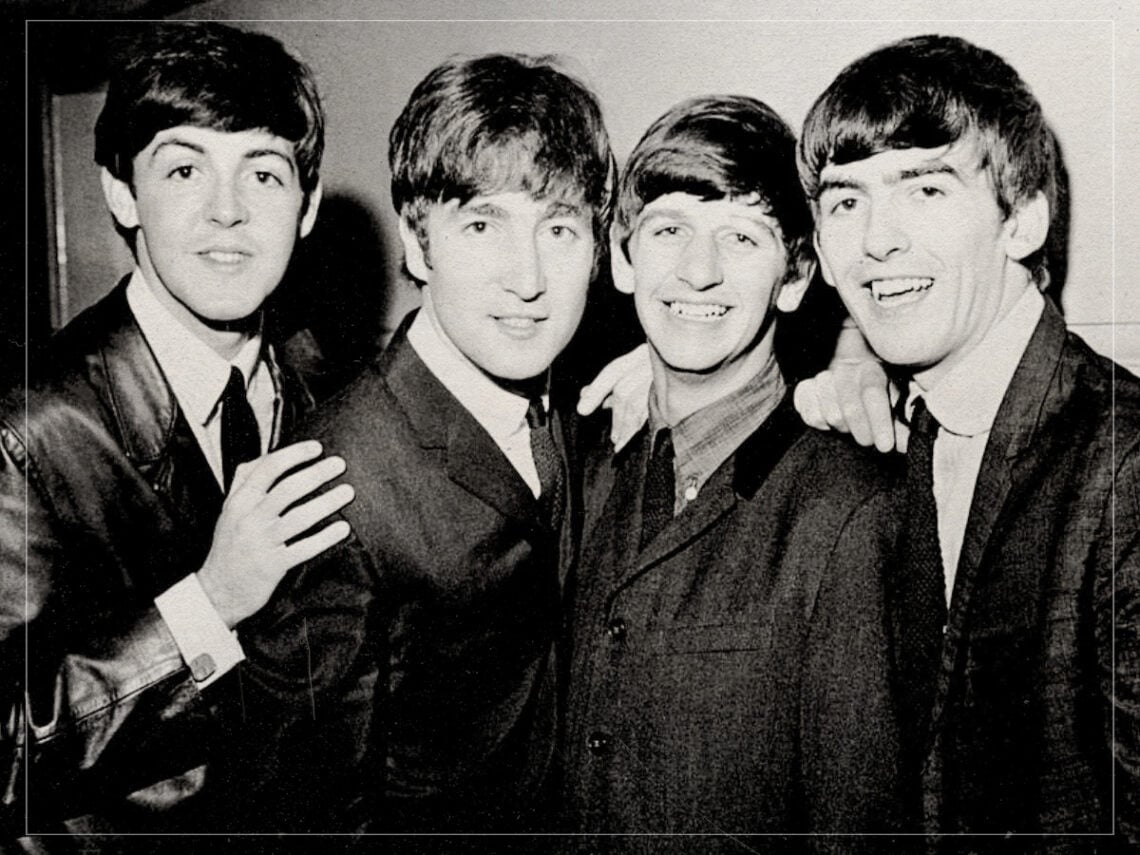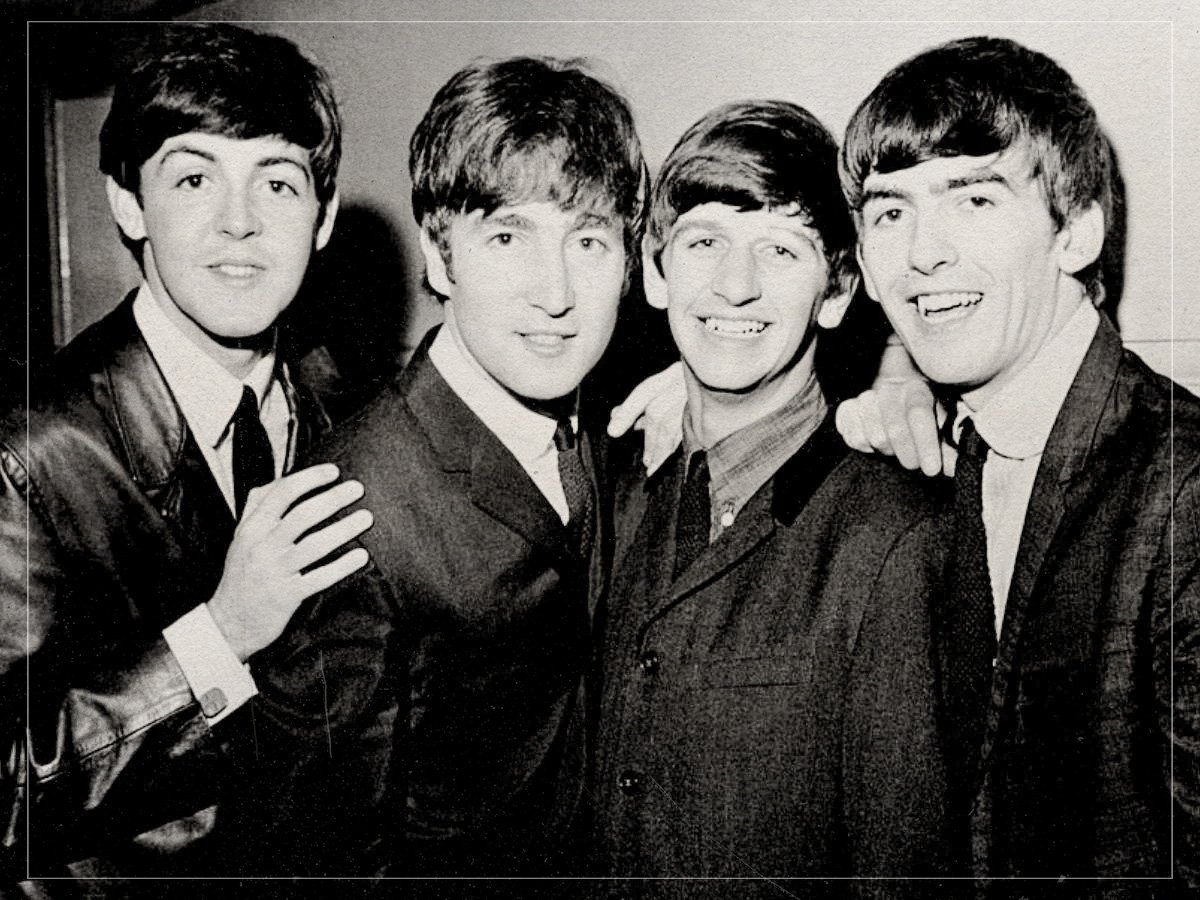
(Credits: Far Out / Alamy)
Mon 29 September 2025 2:00, UK
Pop charts are famously fickle, with a seemingly endless onslaught of names entering and slipping out of the top 40 week in week out with the changing of the musical tides. If there was ever an artist who truly commanded those famously unyielding charts, though, it was The Beatles.
Not only did the Fab Four immediately establish themselves as a commercial powerhouse back in the 1960s, with their 1962 debut single ‘Love Me Do’ breaking them into the top 20 on their first attempt, but over the course of the band’s expansive tenure, they totally revolutionised the pop charts in general.
Paving the way for far more complex, experimental, and adventurous tracks to rise up the rankings, rather than a plethora of soulless corporate pop hits, The Beatles changed it all. So, it should come as no surprise that they earned themselves a fair few number ones in the process.
To their credit, The Beatles rarely chased commercial success for the sake of it. If they had done, records like Revolver or Sgt. Pepper’s would have never existed. Nevertheless, the band were astute enough to recognise that hit records would elevate their sound onto a national stage, rather than spending their existence as a cult Merseyside outfit playing the Cavern Club week after week. Luckily, their pop-centric songwriting during the early days of the band’s existence were enough to cement the band as regulars of the pop charts both in the UK and in the USA, too.
Speaking to the pop revolution of their early material, some of the band’s best-selling tracks of all came during their first few years at Parlophone. A prime example being their third-ever single, ‘From Me To You’, which went on to become the band’s longest-running number-one single in the UK upon its release in 1963. Although numerous subsequent number-ones attached themselves to the ‘Mop Tops’ over the coming years, that unassuming single boasted an unparalleled run at the top of the UK charts, even if its record was bested by one iconic track on the other side of the Atlantic Ocean.
It wasn’t until the band touched down on US soil for the first time in 1964 that their power over the Billboard Hot 100 became evident, earning a whopping 20 number-one singles in subsequent years – eclipsing the 18 that they fostered on their home turf. However, one single stood out among all the rest, owing to its at-the-time record-breaking run at the top of the singles chart.
That song was, of course, Paul McCartney’s magnum opus, ‘Hey Jude’. A non-album single recorded during the famously tumultuous sessions for the White Album, the seven-minute epic hit the airwaves in 1968, although it wasn’t necessarily geared for chart success. For starters, it was double the length of a standard pop hit, and the charts of the late 1960s tended to favour more upbeat, pop-centric tracks rather than piano-led ballads.
Despite all of that, the song immediately established itself among the band’s biggest hits. In addition to the some 19 countries that shot the song to the top of their respective singles charts, ‘Hey Jude’ also spent a previously unheard of nine weeks at the top of the Billboard Hot 100.
That run at the top of the charts meant ‘Hey Jude’ was, at the time, the longest-running number-one single in US chart history, a record they held for nearly an entire decade, before Debby Boone ruined the fun with her 1977 track ‘You Light Up My Life’. At the time, though, it took the entire weight of the Motown empire to displace The Beatles from the top spot, with The Supremes’ ‘Love Child’ eventually knocking it from the dizzying heights of its record-breaking run.
You can have your own arguments over which Beatles track should have been their biggest or longest-running number-one hit, but I’m afraid that the numbers don’t lie, and ‘Hey Jude’ was unmatched in its command of the pop charts back in 1968.
Related Topics
The Far Out Beatles Newsletter
All the latest stories about The Beatles from the independent voice of culture.
Straight to your inbox.

